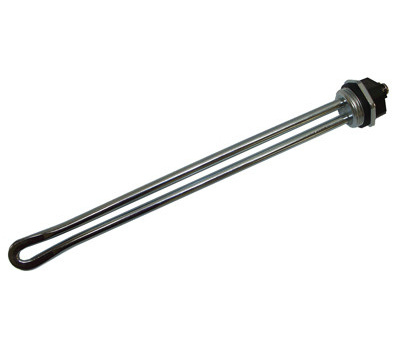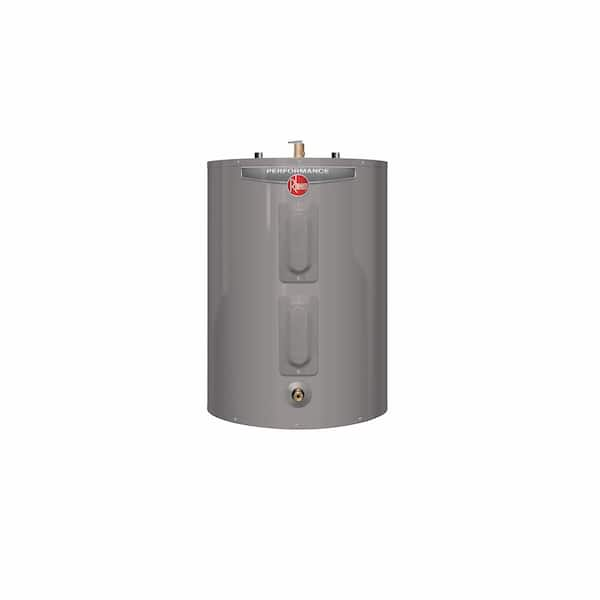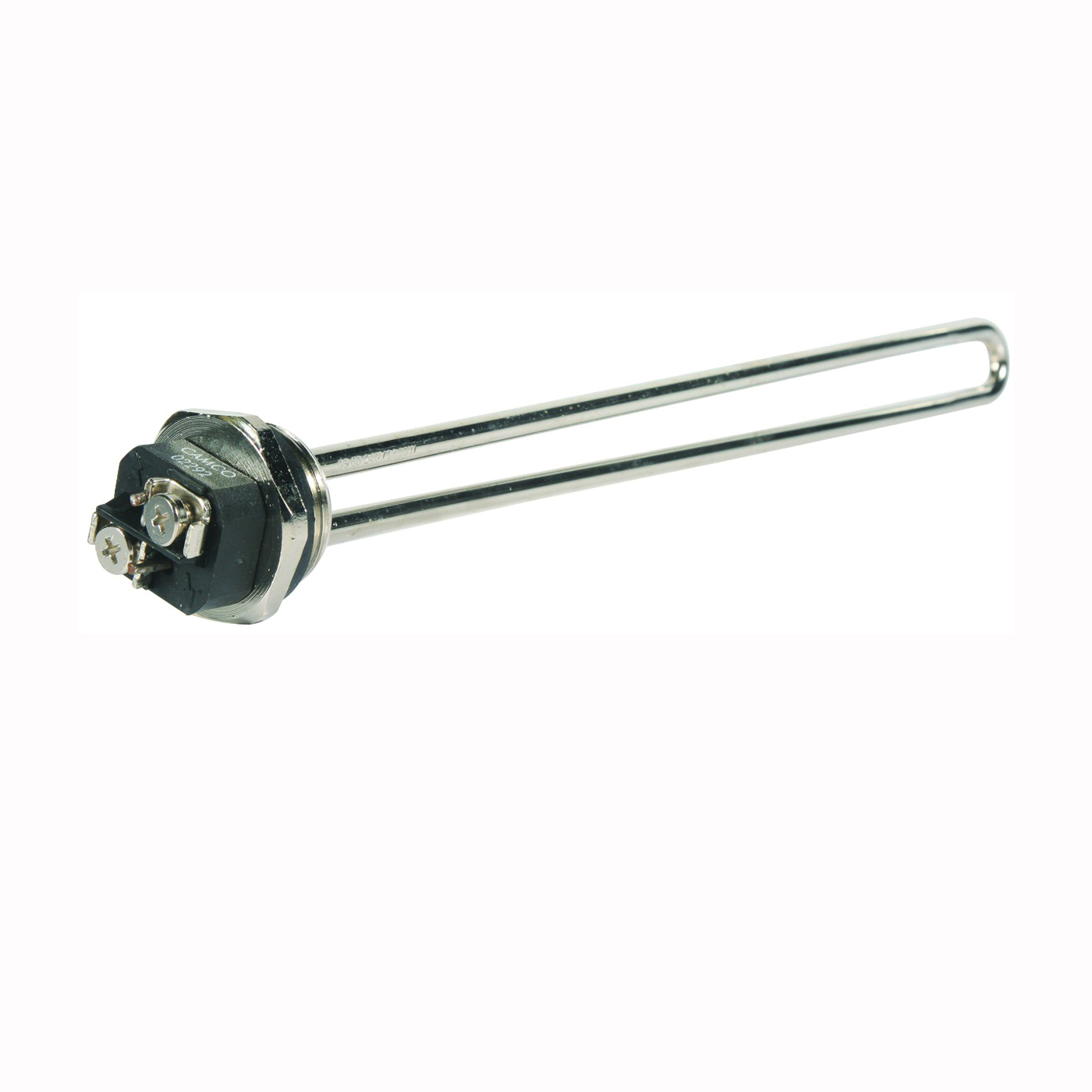Are you tired of inconsistent water temperatures in your home? Choosing the right water heater can make all the difference in ensuring a steady supply of hot water.
If you’re stuck deciding between a 3800-watt and a 4500-watt water heater, you’re not alone. This decision impacts not just your comfort but also your energy bills. Imagine waking up to a perfectly warm shower every morning, without the worry of running out of hot water.
Or think about the peace of mind knowing you’re using an energy-efficient appliance. By understanding the key differences between these two options, you can make a choice that best suits your needs and lifestyle. Stick with us as we delve into the crucial factors that will guide you to the perfect water heater. Your satisfaction and comfort are just a few scrolls away!
Energy Efficiency
When choosing between a 3800 and a 4500-watt water heater, energy efficiency is a key factor to consider. These two heaters vary not only in wattage but also in how they affect your energy consumption and utility bills. Understanding their efficiency can help you make an informed decision, saving you money and reducing your carbon footprint.
Consumption Patterns
Do you know how much energy your water heater consumes daily? The 3800-watt model typically uses less energy per hour compared to the 4500-watt heater. This might sound like a small difference, but it can add up over time, especially if you have a large family or use hot water frequently.
Consider your household’s hot water usage. If your family takes multiple showers, runs the dishwasher, and does laundry daily, the 4500-watt heater might meet your needs more efficiently. However, if your usage is moderate, the 3800-watt option could suffice, providing energy savings without compromising on hot water availability.
Impact On Utility Bills
How often do you cringe when opening your utility bill? The wattage of your water heater can significantly affect what you pay. A 3800-watt heater, being lower in power, generally results in lower energy consumption, which can translate to reduced bills over time.
However, it’s not just about the wattage. Efficiency also depends on the heater’s design and your usage patterns. If you choose a 4500-watt model, consider its efficiency rating and how it fits with your energy-saving goals. Would you be willing to pay a bit more for potentially faster heating times and a steady supply?
Before making a decision, think about your long-term savings versus immediate needs. Can you adjust your usage habits for better savings? Remember, an efficient choice today can lead to substantial savings tomorrow.

Credit: www.mccoys.com
Heating Performance
When choosing a water heater, the heating performance is a crucial factor to consider. It determines how efficiently your heater can meet your household’s hot water demands. Whether you’re deciding between a 3800-watt or a 4500-watt water heater, understanding their heating capabilities can make a significant difference in your daily comfort.
Heating Speed
Imagine you’re running late for work, and your shower is taking forever to heat up. That’s where heating speed comes into play. A 4500-watt water heater typically heats water faster than a 3800-watt model. The higher wattage means more power, resulting in quicker heating times.
Think about those chilly winter mornings when you just want a warm shower right away. A 4500-watt heater might be your best friend in these situations. However, if your hot water demands aren’t too high, a 3800-watt heater can still serve you well, especially in smaller households.
Temperature Consistency
Consistency in water temperature is vital for comfort. Nobody enjoys sudden bursts of cold water while showering. A 4500-watt water heater often maintains a more stable temperature, thanks to its higher power output. This can be particularly beneficial during peak usage times.
However, think about your usual hot water usage. If your needs are modest and predictable, a 3800-watt heater might suffice, offering reliable temperature consistency without the extra energy consumption. It’s about finding a balance between your needs and efficiency.
Ultimately, the choice between a 3800 and 4500-watt water heater boils down to your specific requirements. Do you prioritize speed or consistency? Consider your lifestyle and hot water habits as you make your decision.
How do you ensure your water heater meets your expectations every day? Share your thoughts in the comments below!
Installation Considerations
Choosing between a 3800-watt and a 4500-watt water heater involves key installation considerations. These factors ensure your new heater fits well and operates efficiently. Understanding the space and electrical needs is crucial.
Space Requirements
Consider the space available for the water heater. A 3800-watt heater is usually smaller and may fit in tighter spaces. The 4500-watt model might need more room. Measure your installation area first. Ensure there’s enough clearance around the unit. This prevents overheating and allows easy access for maintenance.
Electrical Compatibility
Check your home’s electrical system. The 3800-watt heater often requires a lower amperage circuit. It’s usually compatible with older electrical setups. A 4500-watt heater might need a higher amperage circuit. Ensure your wiring can handle the load. Consult an electrician if unsure. Safety is a priority.
These considerations help choose the right heater. Install it safely and efficiently.

Credit: www.homedepot.com
Long-term Cost Savings
Choosing between a 3800 watt and a 4500 watt water heater involves more than just upfront costs. The long-term savings can make a difference in your budget. Understanding maintenance costs and lifespan can help in making a wise decision.
Maintenance Costs
Maintenance for water heaters varies based on their wattage. A 3800 watt heater generally requires less frequent attention. Its lower power usage means fewer overheating issues. This can lead to reduced repair costs over time.
On the other hand, the 4500 watt model might need more regular checks. It operates at higher power, which can stress parts. This can result in higher maintenance expenses. Regular maintenance ensures efficient operation and prolongs its lifespan.
Lifespan Comparison
The lifespan of a water heater affects its long-term value. A 3800 watt heater often lasts longer due to lower energy stress. Less energy demand can mean less wear and tear.
In contrast, a 4500 watt heater may have a shorter life. Its components deal with more energy, potentially causing early wear. Choosing a heater with a longer lifespan can reduce replacement costs.
Understanding these factors helps in deciding which heater best suits your needs. Investing wisely can lead to significant savings over time.
Environmental Impact
Choosing the right water heater affects the environment. Two popular options are the 3800 and 4500-watt heaters. Each has a unique environmental footprint. Understanding their impact helps make a better choice for our planet.
Carbon Footprint
The carbon footprint of a water heater matters. A 4500-watt heater uses more power than a 3800-watt heater. This means it can contribute more to carbon emissions. Using less electricity can reduce carbon output. Opting for a smaller wattage often means a smaller carbon footprint.
Energy Source Implications
Where your energy comes from is important. If the energy is from renewable sources, the impact is less. Solar, wind, or hydroelectric power are cleaner options. Fossil fuels like coal increase pollution. A 4500-watt heater needs more energy. This could mean more fossil fuel use if renewables aren’t available.

Credit: www.mccoys.com
User Preferences
Choosing between a 3800 and 4500-watt water heater depends on personal needs. A 3800-watt heater uses less power, ideal for smaller households. Meanwhile, a 4500-watt model heats water faster, perfect for larger families seeking quick hot water access.
When deciding between a 3800-watt and a 4500-watt water heater, understanding user preferences is crucial. Your choice will largely depend on your specific needs, usage habits, and the dynamics of your household. It’s not just about power; it’s about how well the heater fits into your daily life.Household Needs
Your household size greatly influences the wattage you should opt for. A larger family might find the 4500-watt heater more suitable due to higher hot water demands. It heats water faster, reducing wait times. However, a smaller household or an individual might prefer the 3800-watt option, which is more energy-efficient for limited use. This choice can save on electricity bills, making it a cost-effective solution. Consider your home’s wiring as well. Some older homes may not support higher wattage heaters without an upgrade. Always check your electrical system’s capacity before making a decision.Usage Habits
Reflect on your daily hot water usage. Are you someone who enjoys long, hot showers, or do you prefer quick ones? If long showers are your preference, a 4500-watt heater might keep you from running out of hot water. On the other hand, if you use hot water sparingly or have staggered usage throughout the day, a 3800-watt heater could meet your needs efficiently. It’s like choosing between a sports car and a sedan—both will get you there, but how they do it can make a big difference. Also, consider your routine. Do you often have multiple appliances running simultaneously? If so, a lower wattage heater might help balance the load, reducing the risk of tripping breakers. In making your decision, think about what truly matters to you and your household. What are your priorities? Efficiency, speed, or perhaps a balance of both? Your answers will guide you to the perfect choice.Frequently Asked Questions
What Is The Main Difference Between 3800 And 4500 Watt Heaters?
The main difference is power. 4500 watt heaters heat water faster than 3800 watt heaters.
Which Water Heater Is More Energy Efficient?
A 3800 watt heater uses less electricity. It may be more energy efficient for smaller households.
How Does Wattage Affect Water Heating Speed?
Higher wattage means quicker heating. A 4500 watt heater heats water faster than a 3800 watt model.
Is A 4500 Watt Heater Better For Large Families?
Yes, it heats water faster. Ideal for families needing more hot water quickly.
Can I Use A 4500 Watt Heater In A Small Home?
Yes, but ensure your electrical system supports it. Check with a professional electrician.
Conclusion
Choosing the right water heater matters. Both 3800 and 4500 watt options provide benefits. Consider your energy needs carefully. A 3800 watt heater uses less power. Good for smaller spaces. A 4500 watt heater heats faster. Perfect for larger families.
Think about your budget. And space. And hot water needs. Balance efficiency and cost. Each choice has unique features. Prioritize what suits your lifestyle. Make an informed decision. Your comfort depends on it. Remember, water heating impacts your energy bill.
Choose wisely. Enjoy hot showers every day. Stay warm and satisfied.





